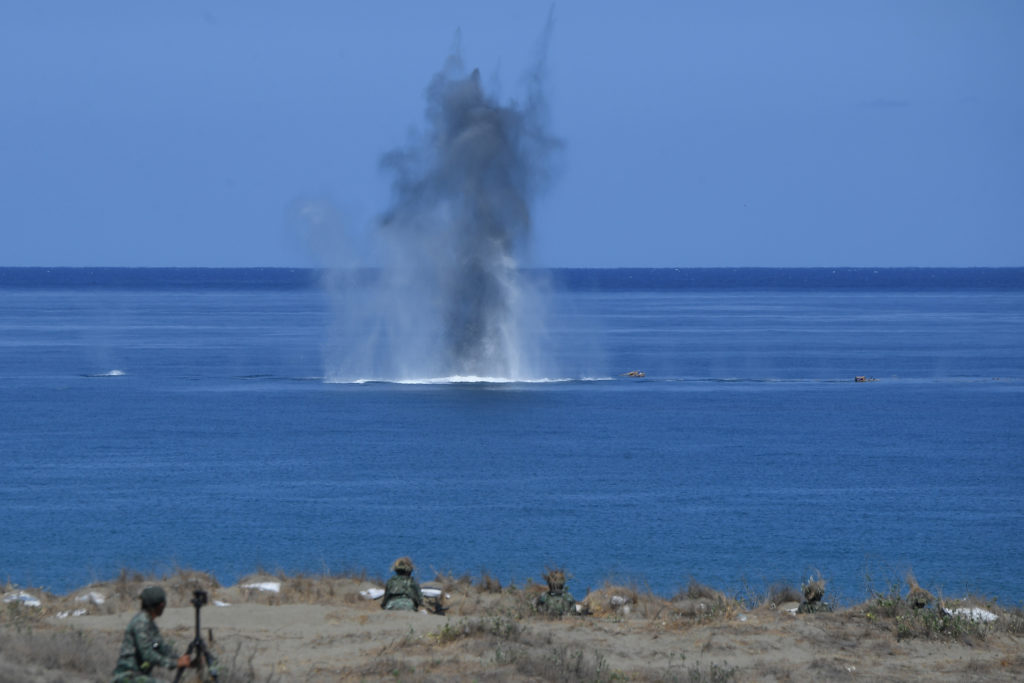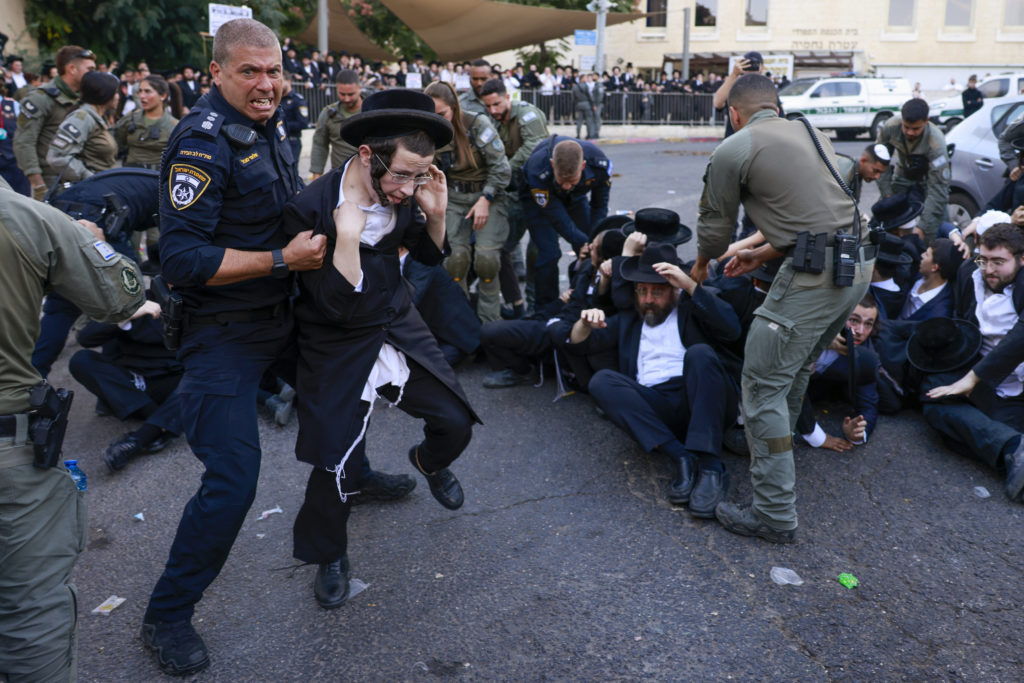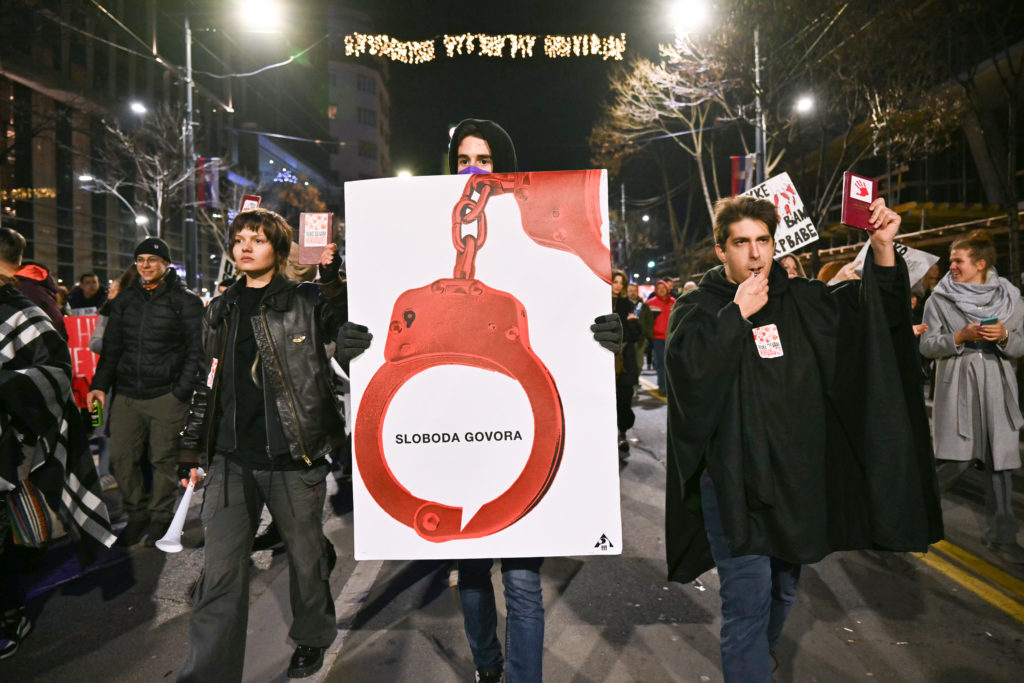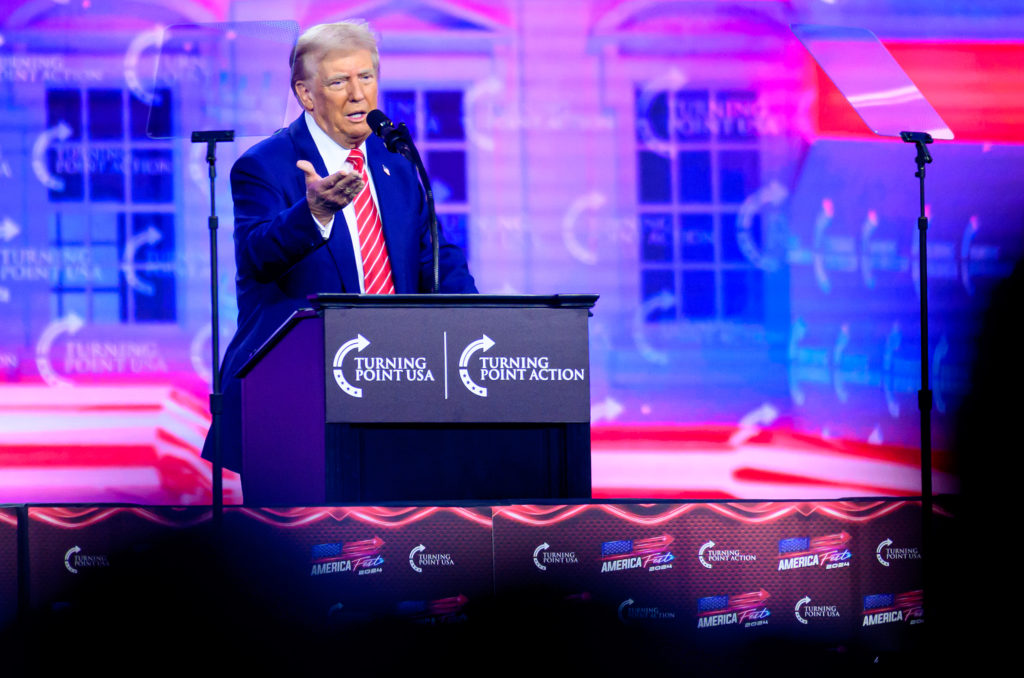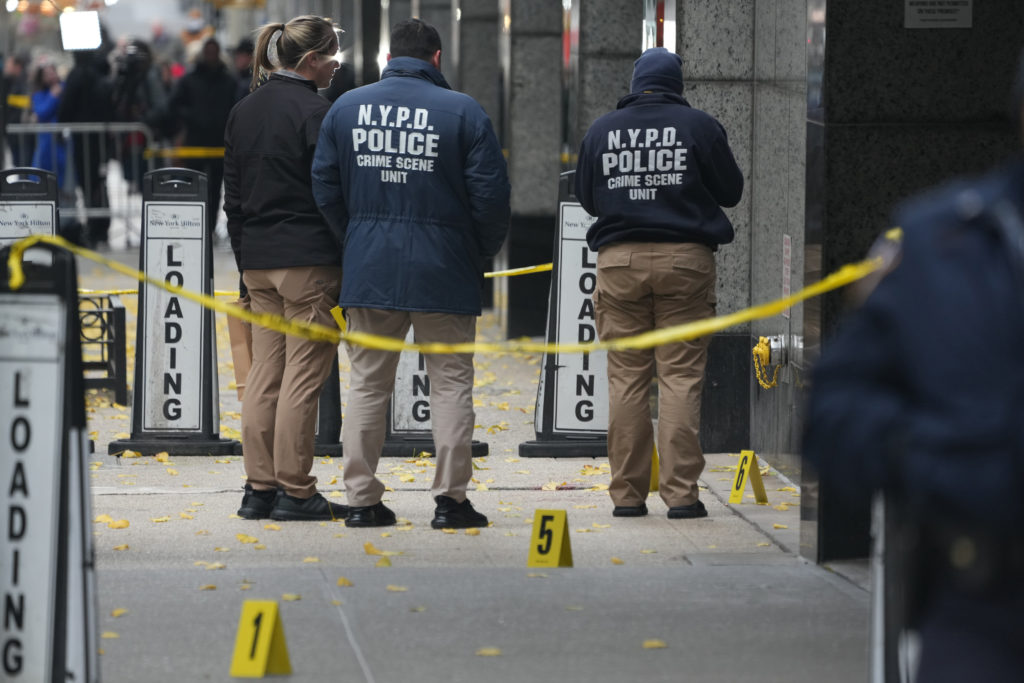Vietnam is looking to increase control over livestreaming on popular social media platforms such as Facebook and YouTube, according to a draft government decree, as the country aims to tighten its grip on cyberspace.
The proposed decree comes two years after the introduction of a cybersecurity law that mandated internet companies remove content the communist authorities regard as “toxic”.
The law received sharp criticism from the United States, European Union and internet freedom advocates who said it mimics China’s repressive censorship of the internet.
Under the terms of the decree, any account that operates on a social media platform in Vietnam and has more than 10,000 followers must provide contact information to authorities.
Only registered accounts will be allowed to livestream.
The proposed decree also says that social media providers must temporarily block or remove content within 24 hours if they receive a “justified” complaint from an individual or organisation affected by the content.
Vietnam’s Ministry of Information and Communications estimates that Facebook has 65 million Vietnamese members, YouTube has 60 million and TikTok 20 million, while local platform Zalo has 60 million users.
“These cross-border social networks have not fully complied with Vietnamese laws,” it said, adding that current regulations were inadequate.
“Many individuals and organisations take advantage of social media for press activities, and broadcast livestreams to provide false information, and insult the reputation and dignity of other organisations and individuals.”
The draft decree is set to take effect after public feedback and approval by Prime Minister Pham Minh Chinh.
Vietnam’s hardline administration generally moves swiftly to stamp out dissent and arrest critics, especially those who find an audience on social media platforms.
Earlier this month, Pham Chi Thanh, a former radio journalist and democracy activist fiercely critical of the regime on Facebook, was imprisoned for five and a half years on the charge of “making, hoarding, disseminating and spreading information and documents against the socialist republic of Vietnam”.


